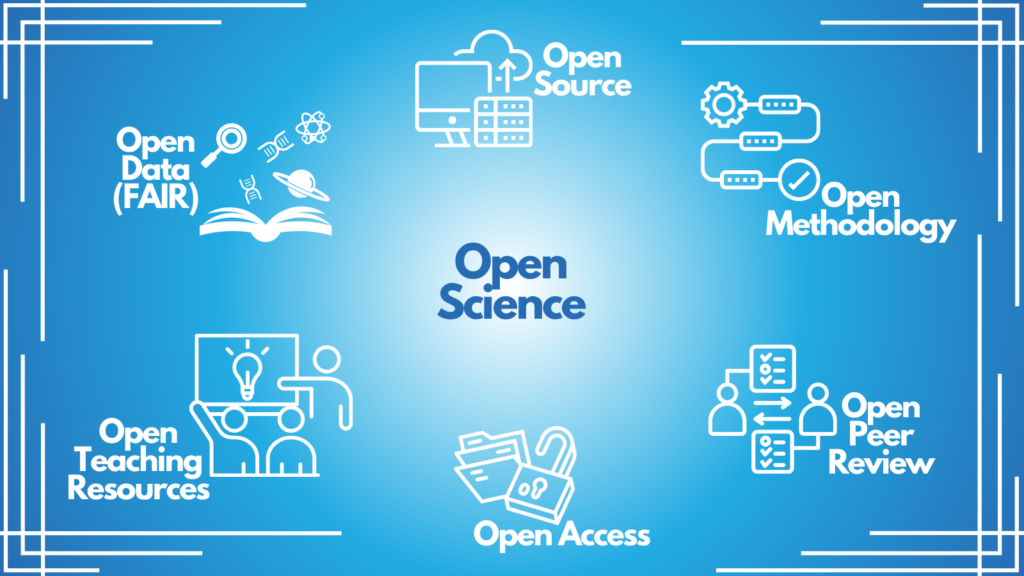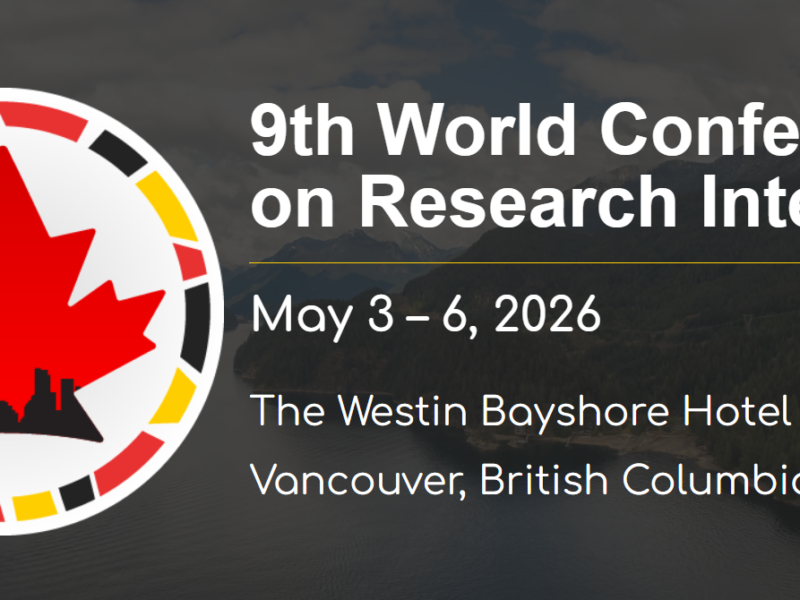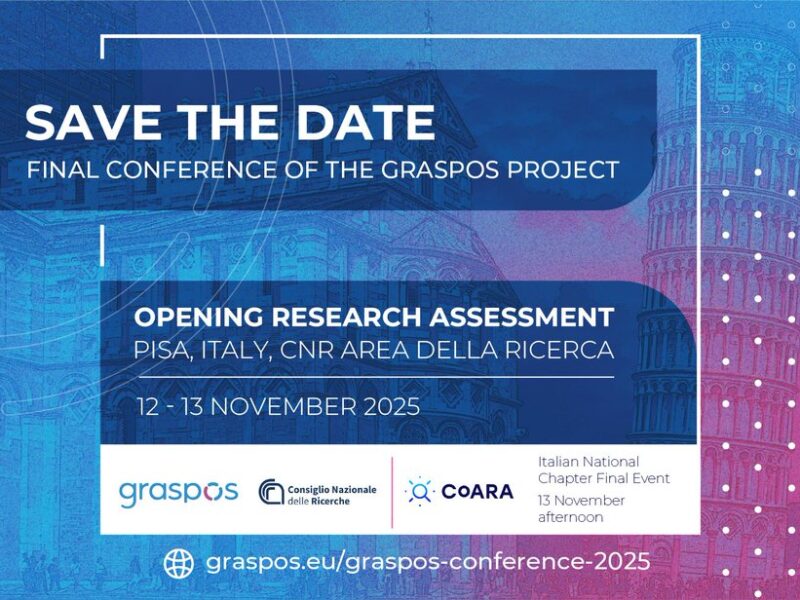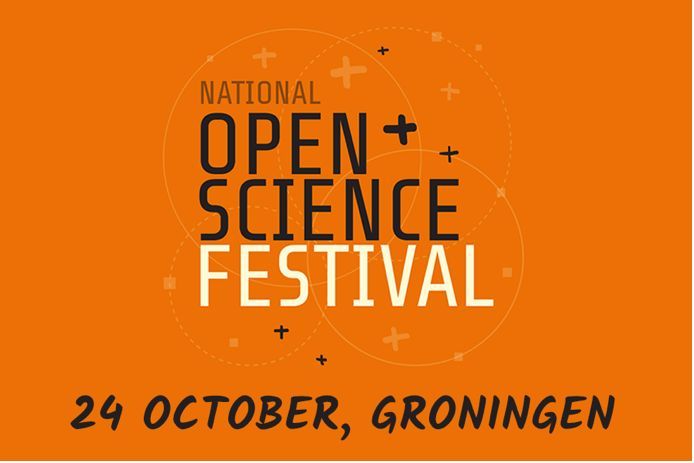
Early Career Researchers Want Open Science
Early Career Researchers Want Open Science https://opusproject.eu/wp-content/uploads/2024/05/Open-Science-and-FAIR-data_CANVA_25.10.23_MV-1-1024x576.png 1024 576 Open and Universal Science (OPUS) Project Open and Universal Science (OPUS) Project https://opusproject.eu/wp-content/uploads/2024/05/Open-Science-and-FAIR-data_CANVA_25.10.23_MV-1-1024x576.pngOpen Science, an initiative supported by the European Union and numerous scientific institutions, aims to make scientific research more accessible, collaborative, and reproducible. Despite the strong endorsement, the transition to Open Science is sluggish. As early career researchers, we believe it’s our responsibility to lead this transformation, adhering to Open Science principles.
The Current Landscape of Open Science
For centuries, research journals have been the primary means of disseminating scientific knowledge, providing a permanent record of study conclusions, methods, and contact information for obtaining data. However, the exponential increase in research data has rendered traditional publications inadequate for data stewardship and preservation. Even though the importance of Open Science is widely discussed, the research community has been slow to adopt practices that would ensure better data management and sharing. This lag has resulted in significant data loss, a critical issue in an era where “data is the new gold.”
Some researchers perceive Open Science and data sharing as threats, even derogatorily labeling those who utilize others’ data as parasites. Contrary to this view, we believe that embracing and enhancing Open Science tools will lead to superior scientific outcomes, enabling us to fully leverage the growing global scientific output.
The Role of Early Career Researchers
Early career scientists, often seen as more adaptable within the scientific establishment, are in a unique position to drive change. We are heavily involved in data collection and analysis and are less bound by traditional hierarchies. By training young researchers in Open Science tools, we can instigate a lasting shift in data stewardship practices.
During the 2016 LERU Doctoral Summer School on Data Stewardship, a group of us committed to three primary goals:
- Develop an Open Science framework to credit datasets with machine-readable metadata, provenance, and reproducible workflows.
- Establish training programs focused on Open Science principles and relevant tools.
- Ensure that we, as the first generation committed to Open Science, pass these principles on to the next generation.
Growing an Open Science Framework
An effective Open Science framework involves robust data stewardship, ensuring long-term data reusability and interoperability. This requires meticulous planning from the start of a research project. Simply publishing data and code alongside research papers is insufficient; creating detailed metadata is crucial. Such metadata can drive innovation by identifying intersecting datasets and facilitating the creation of peer-reviewed, reusable data-code environments.
Integrating data stewardship into research practices will shift the scientific culture from static research papers to dynamic, collaborative science. Additionally, developing alternative metrics for scientific impact, such as citations for code versions and datasets, will be possible.
Despite its importance, data stewardship is often neglected until the project’s end, when resources may be limited. Recognizing this, the European Commission recommends allocating 5% of research budgets to data stewardship. Adopting FAIR principles—Findable, Accessible, Interoperable, Reusable—should be an ethical responsibility, ensuring transparent and reproducible research.
A Roadmap for Early Career Researchers
- Training in Open Science: Early in their careers, researchers should receive standardized training in Open Science principles and tools. Programs like FOSTER (Facilitate Open Science Training for European Research) offer valuable resources for this purpose. Workshops on open access publishing and modern scientific computing practices can promote open thinking within research institutions.
- Avoid Reinventing the Wheel: Researchers should first explore existing sharing platforms, software, and standards before creating new ones. Utilizing established ontologies and datasets can foster collaboration and prevent redundant research efforts.
- Small Steps Forward: Practicing FAIR principles is a gradual process. Beginning with small steps, such as surveying team members about their views on data sharing, can initiate meaningful changes towards an Open Science environment.
Our Commitment
We pledge to be the first generation to embrace and pass on Open Science principles. Openly publishing research has been linked to higher citation rates and is becoming mandatory for many high-profile journals and funding bodies. Open practices facilitate connections with other researchers, enhancing visibility and access to new data and software resources.
Despite widespread support for open access policies, the change is slow, often hindered by entrenched practices. By committing to Open Science from the start of our careers, we can drive a cultural shift towards more transparent, reproducible, and collaborative scientific research.
Future of Transparent and Collaborative Research
The transition to Open Science requires dedication and effort from all researchers, especially early career scientists. By embracing Open Science principles and practices, we can ensure that our research is more transparent, reproducible, and impactful. The future of scientific research depends on our willingness to innovate and collaborate openly. Let’s lead the way in making Open Science a reality.
Photo via Marco-Bolo
- Posted In:
- Open Science News




